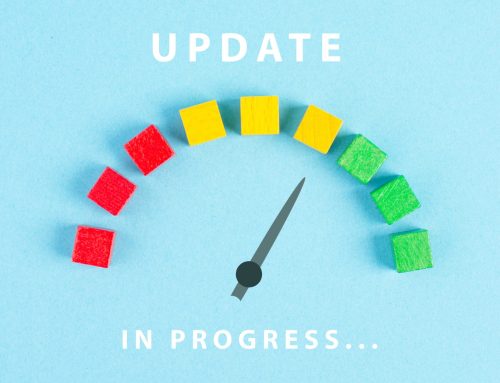
Women and Retirement
Women have made significant strides over the years. However, as a group, they continue to face a risky retirement. Here are some tips on how women can prepare for retirement.
Only 12% of women are “very confident” in their ability to fully retire with a comfortable lifestyle.
Become personally involved in your family finances ranging from daily budgeting to long-term planning.
53% of women plan to retire after age 65, or do not plan to retire.
Learn about retirement investing. Learn about possible ways to help make savings last longer including when to take withdrawals from retirement accounts to minimize taxes and penalties, and the best time to start Social Security to maximize benefits.
64% of women don’t have a backup plan for retirement income if forced into retirement sooner than expected.
The most common reasons women retire early is due to being laid off or health concerns (either theirs or that of an aging parent). To minimize the impact of retiring early, have a backup plan in place. Consider emergency savings, insurance products such as disability and life insurance, and possible ways to cut costs if needed.
Women and Retirement
According to the Social Security Administration, women live longer than men, meaning their retirement lasts longer. In addition, women often spend less time building a retirement nest egg because their full-time job may be raising children or caring for aging parents. Other women may choose not to marry at all, they may divorce, or they may simply be a conservative investor. These are just a few of the issues confronting women and retirement.
Regardless of your situation, if you’ve avoided financial planning or if you rely on a spouse to handle retirement planning, don’t forget it’s your future. Remember it’s never too late to get involved, and I strongly encourage you to do so today.
As always, if you or someone you love has concerns about retirement, I invite you to contact us at Maestro Wealth Advisors. We’re more than happy answer your questions and discuss your concerns.











